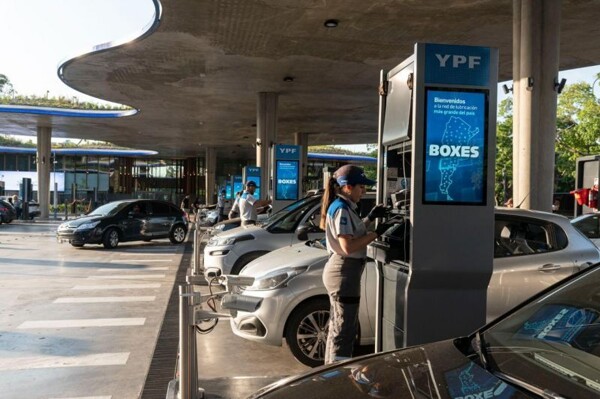
Inflation for January is expected to be lower, reaching 2%, which would be the lowest level since the end of 2020, according to projections from various consulting firms. CyT conducted a survey of retail prices in Greater Buenos Aires, indicating a 2% increase during the first month of the year. Although at the end of January, an acceleration to a rate of 0.5% was observed, mainly driven by food, with meat as the main factor for the increase.
Eugenio Marí, chief economist at the Libertad y Progreso Foundation, expects that inflation will continue to decelerate in February, settling around 1.7%. The government will start the announced deceleration of the devaluation, reducing the monthly rate from 2% to 1%, also accompanied by a rate cut from the BCRA. This inflation rate would be the lowest in the last 53 months and the lowest for January since 2018, according to the consulting firm.
The official evolution of the cost of living for January will be announced by the National Institute of Statistics and Censuses (Indec) on February 13, while Carlos Tiscornia, director of CyT, mentions that in January, the influence of tourism (hotels, transport, recreation) tends to be relatively high, although he doubts they will break through the 2% mark.
Transport and communications increased by 2.6% monthly, health by 2%, and home equipment and maintenance between 1% and 0%. In food and beverages, there was a 1% increase, with declines in vegetables, dairy, and eggs, generating a core inflation below general inflation. LCG reported increases in food during the first three weeks of January, followed by a price drop of 0.4% in the last week, the most pronounced decrease since late April 2023.
Measurements from the Libertad y Progreso consulting firm showed a 2% increase in January, being 0.7 percentage points below the official figure for December (2.7%), with an annual variation of 84.3%, breaking the 100% barrier for the first time since January 2023. Aldo Abram, executive director at the Libertad y Progreso Foundation, mentioned that in a more stable economy, the demand for dollars will decrease and savings will be affected, impacting the purchasing power of the dollar in Argentina.
The observed deceleration, the ninth consecutive one, reflects the strength of the disinflation process. The debuting crawling-peg monetary policy will help to slow down tradable prices and will require the consistency of the rest of the monetary policy to maintain the devaluation of the peso at that speed. With the new phase of monetary policy, a lower floor for inflation is expected in the coming months, which forces the adjustment of expectations, according to Lautaro Moschet, economist at the Libertad y Progreso Foundation.













